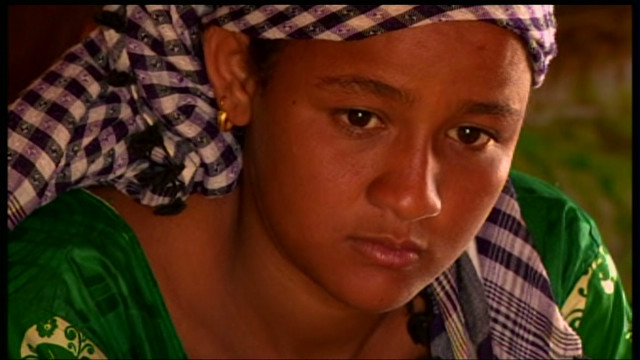Story highlights
- "No one dared to try and stop the Islamists," a witness says
- The woman had two small children, according to a local resident
- Radical Islamic leader says it is punishment for infidelity
- Chaos have rocked Mali since a coup toppled the president in March
Islamists in control of northern Mali said they forced a man and a woman into two holes and stoned them to death for committing adultery in the lawless region.
Witnesses watched quietly as Islamists executed the two by pelting them with rocks in the remote Aguelhok town, according to a local resident.
"I don't know how many rocks they threw or for how long it went on before they were both dead," said Haman Maiga, a resident of Aguelhok who witnessed the stoning. "No one dared to try and stop the Islamists."
The woman had two small children, a boy and a girl, according to Maiga.
A leader of a radical Islamic group in the region said Sharia law condemns relationships outside marriage.
"The man and the woman, who were both married (to other people), were having an affair," said Aliou Toure, the Islamist commissioner in Gao. "They were stoned to death, the punishment for infidelity, according to Sharia, Islamic law."
The stoning Sunday is the first reported Sharia killing since al Qaeda-linked Islamists took control of the north.
Mali has been in a state of Chaos since a military ruler overthrew the democratically-elected president in March, shaking one of West Africa's most stable democracies.
The coup leader stepped down in May and transferred power to a civilian transitional government, but uncertainty looms.
Ethnic Tuareg rebels and Islamist militants have taken advantage of the chaos to seize control of the northern portion of the country.
Aguelhok was among the first to fall when Tuareg rebels aided by Islamist groups occupied the region this year.
Months later, two groups with ties to al Qaeda hijacked the separatist uprising by the local Tuareg movement. The two groups now control two-thirds of northern Mali, an area the size of Texas that includes the towns of Gao, Kidal and Timbuktu.
Islamists have since imposed a harsh form of Sharia law that bans drinking, music and sports on television. Most residents in the area are Muslims, but have protested against the strict form of Sharia as Islamists remain determined to apply it.
"We don't have to answer to anyone over the application of Sharia. This is the form of Islam practiced for thousands of years," Toure said. "The fact that we are building a new country on the base of Sharia is just something the people living here will have to accept."
In addition to the killing, Islamist militants have gone on a rampage for months, destroying sacred tombs in the region and vowing to target more.
In July, they ordered residents to leave the area and razed two tombs in Timbuktu. Two months prior, elderly men kept watch over the main library after Islamists burned a different tomb in another attack in the same town.
Islamist militants regard such shrines as idolatrous and thus prohibited in their religion. They especially target Sufi shrines, which they believe are sacrilegious. Sufism is a mystical dimension of Islam considered offbeat and frowned upon by Islamic hardliners.













